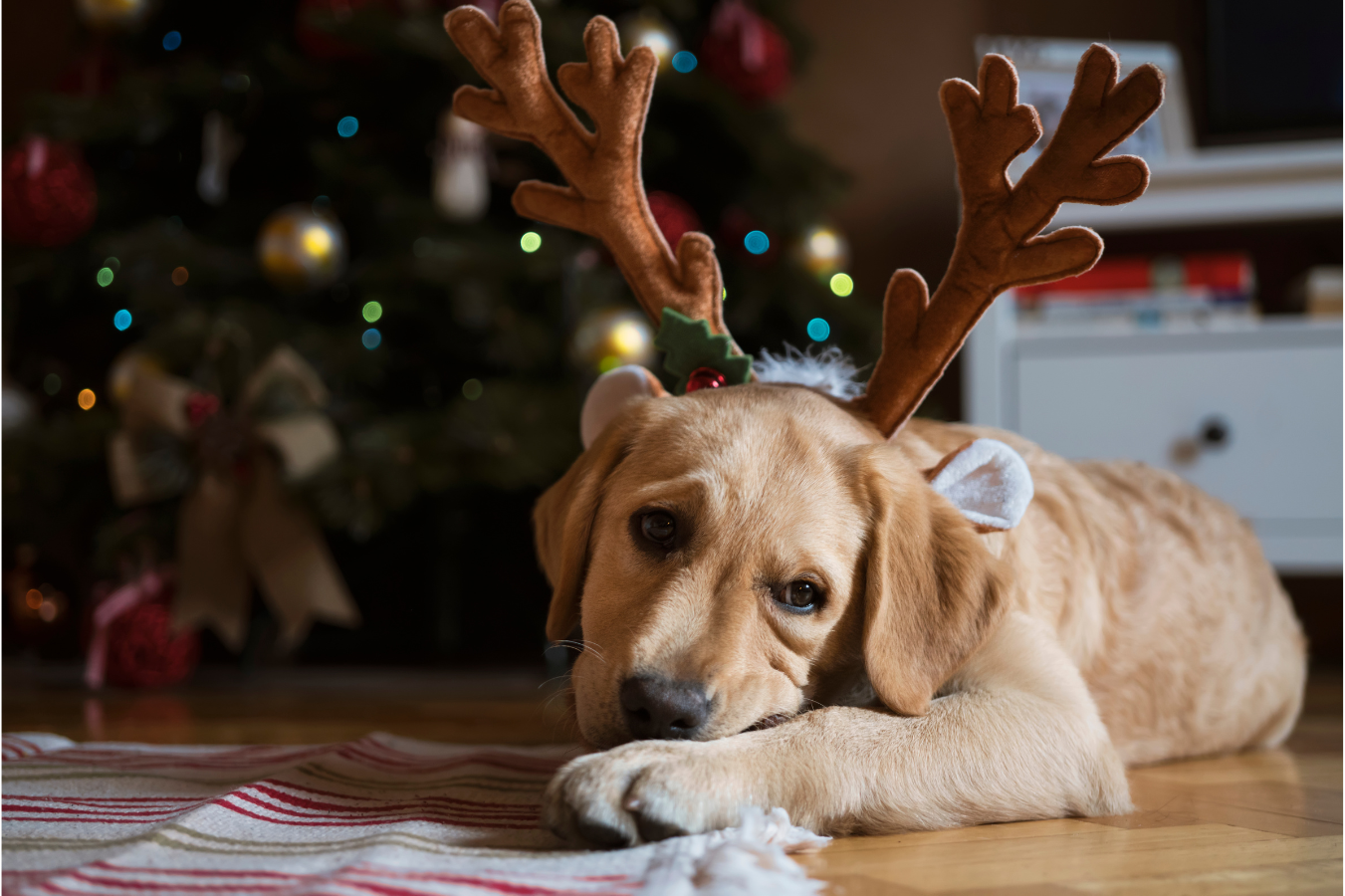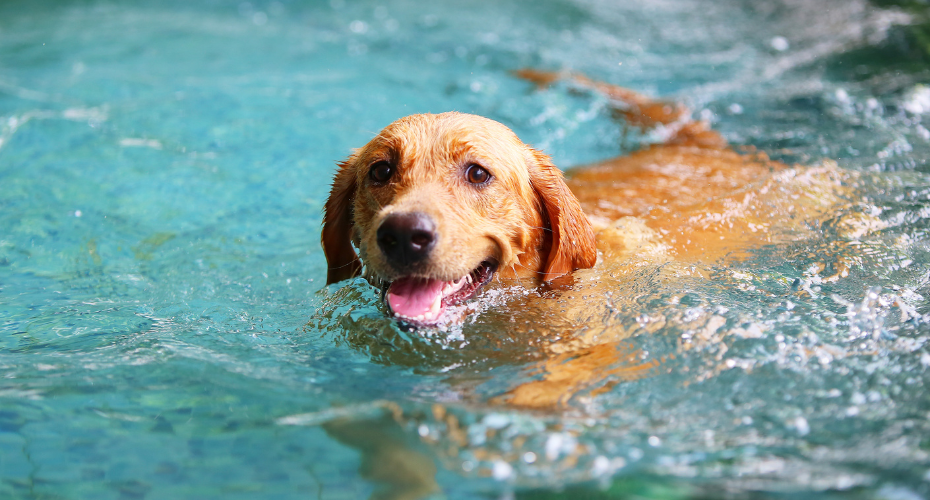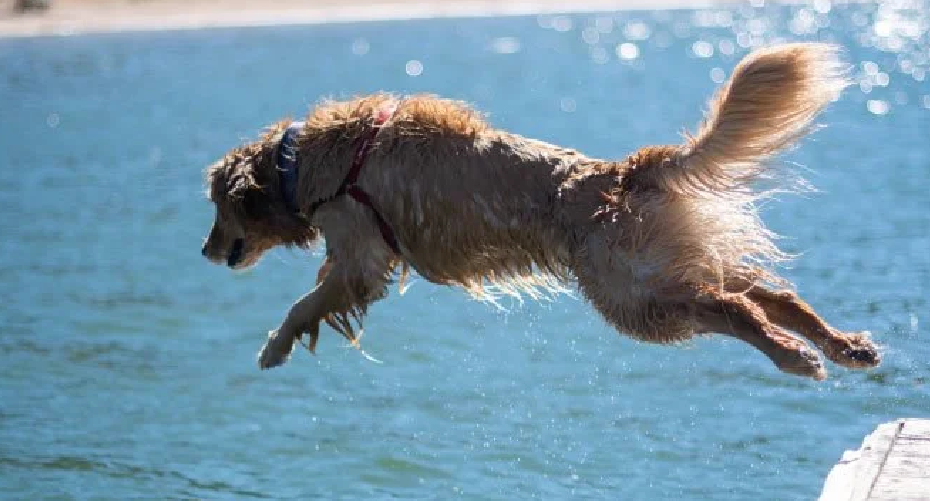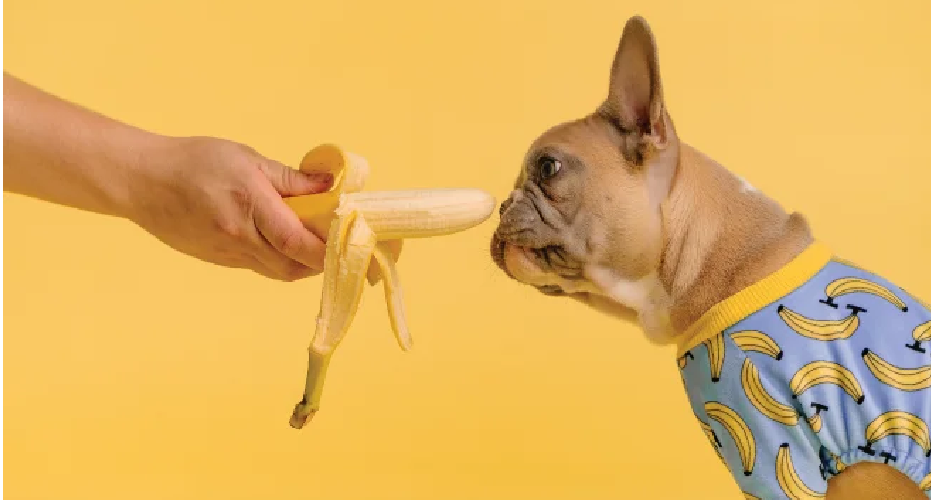
Food
It's no secret that most of us overindulge at Christmas time, whether it's eating, drinking, or spending. Our pets feel the same way! We may only suffer a stomach ache, but our furry friends aren't so fortunate. It’s perfectly normal to give your pets plenty of treats during the festive season, however, there are several indulgent foods that can cause serious harm to your fur-friend. Let us take the stress out of your festive season by providing you with some foods your pets shouldn’t be eating this time of year. Some pets will do anything to get their paws on Christmas treats. Therefore, keep an eye on your animals and be on the lookout for any changes in appearance or behaviour. These will vary depending on the type of pet and the food eaten. Signs to look out for include diarrhoea, excessive panting, lack of coordination, muscle twitching, poor breathing, and vomiting.
Weather
Even when we are enjoying guests, family, and food, we tend to forget what the weather is doing outside. It is very critical that your pets are looked after properly during the drastic changes of the weather to avoid adverse situations. Ensure your pets are never left outside unattended and that you know where they are at all times.
Fireworks
During fireworks displays, many pets experience distress and anxiety and try to escape. Carols by Candlelight and New Year's Eve often include fireworks, so caution is advised during this time. Do not punish your pet for exhibiting behaviour during times of stress. Instead, try to engage, distract and reassure your pet that everything is fine. Provide access to a safe area where your pet may feel more at ease. Animals usually indicate their preferences by hiding under a bed or inside a wardrobe. Allow it to roam where it wants to feel safe. In saying that, ensure that fences and gates are secure and that your pet cannot readily escape through or over them.
Loud Noises & Overcrowding
Prepare pets for visitors this year by exercising them before they arrive. It helps them de-stress, and they're more likely to nap once the festivities begin. Even the most social animals will need a break from the festivities, so be sure they have a quiet, safe place to rest. Tell your guests ahead of time if you have pets or if other guests may be bringing pets. Guests with allergies need to be aware of the pets in your home so they can take steps to protect themselves. Even if your pets are comfortable around guests, make sure you watch them closely, especially when people are entering or leaving your home. While you’re welcoming hungry guests a four-legged family member may make a break for it out the door, so watch out!
Decorations
Christmas trees, greenery, and lights may make the holidays festive, but they also pose risky temptations for our pets. Dogs and cats love to play with Christmas decorations, which can lead to some serious problems. Serious intestinal obstructions can result from swallowing some decorations. It is wise to keep decorations, including candles, out of reach of our pets. A plastic or glass tree ornament may look like a tennis ball to a dog, but if one breaks in his mouth, it could damage his tongue and intestines. Edible decorations, such as candy canes, are also tempting but could prove fatal. Hanging decorations at the top of the tree will help reduce this risk. Sparkly ribbon, tinsel, tree lights, and wrapping paper can also pose threats as cats may enjoy chewing and pawing them. If swallowed, gift wrapping materials can obstruct an animal’s intestines. So just remember to keep an eye on your pet when decorating your tree or wrapping presents.


